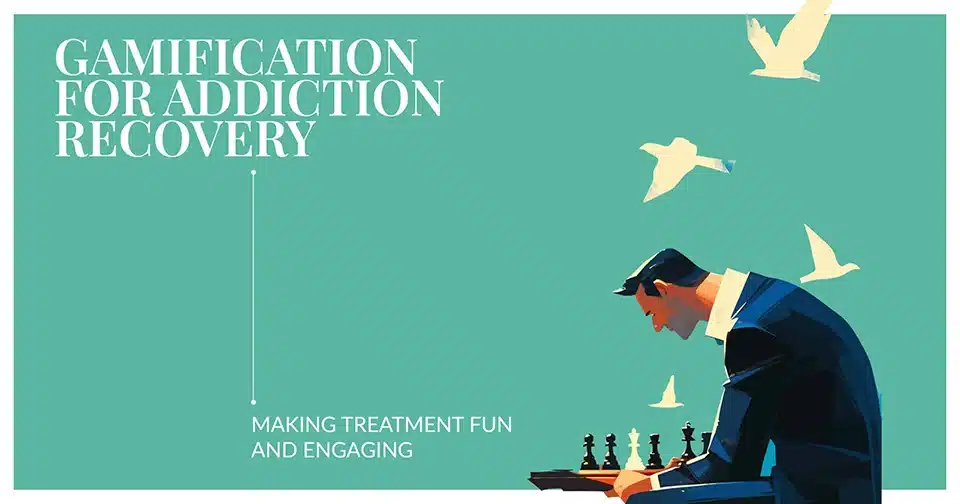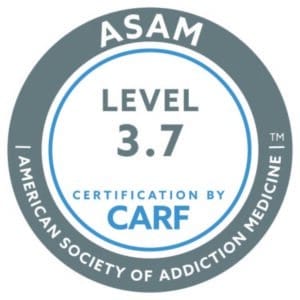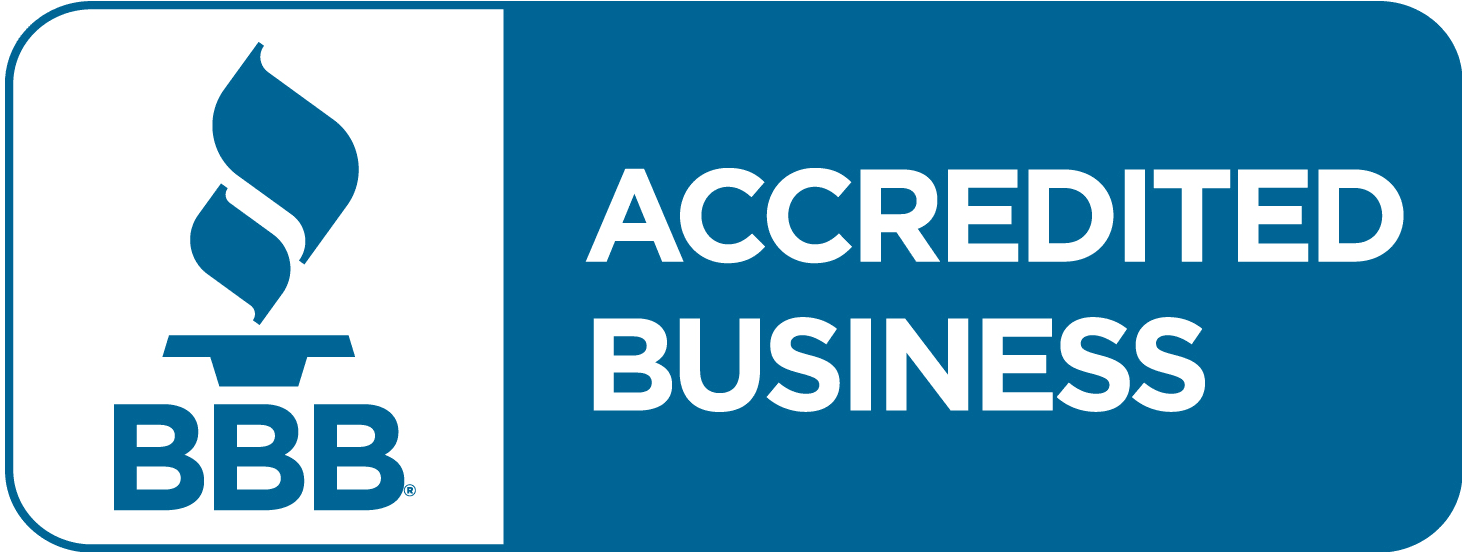Addiction is a complex disease that can be incredibly challenging to overcome. Traditional treatment methods, while effective, can often feel monotonous and daunting. This is where gamification steps in, offering a revolutionary approach to addiction treatment programs.
What is Gamification?
Gamification term refers to the use of game-like elements and mechanics in non-game contexts. These elements, such as points, badges, leaderboards, and challenges, are designed to increase user engagement, motivation, and desired behaviors.
Why Gamification for Addiction Recovery?
Traditional addiction treatment often faces challenges like low patient engagement and high dropout rates. Gamification offers a unique solution by:
- Boosting Motivation: The inherent fun and competition in gamified elements can significantly increase a patient’s motivation to participate in treatment activities.
- Promoting Positive Reinforcement: Earning points, badges, and rewards for completing treatment goals provides positive reinforcement, solidifying healthy behaviors.
- Enhancing Self-Efficacy: As patients progress through gamified programs, they witness their achievements, fostering a sense of self-efficacy and belief in their recovery journey.
- Creating a Supportive Community: Gamified platforms can foster a sense of community by allowing patients to connect and challenge each other in a supportive environment.
How is Gamification Used in Addiction Treatment?
Here are some exciting ways gamification is being implemented in addiction recovery programs:
- Goal Setting and Tracking: Break down long-term recovery goals into smaller, achievable milestones. Patients earn points or badges for completing tasks like attending therapy sessions, practicing coping mechanisms, or resisting cravings.
- Interactive Activities: Incorporate interactive quizzes, educational games, and virtual simulations to make learning about addiction and relapse prevention engaging.
- Reward Systems: Reward patients with points, badges, or virtual rewards for completing tasks and maintaining progress. These rewards can be exchanged for privileges, gift cards, or charitable donations to a cause the patient cares about.
- Healthy Competition: Leaderboards can create a sense of healthy competition amongst patients, encouraging them to strive for excellence in their recovery journey. However, it’s crucial to ensure competition is positive and supportive.
- Role-Playing Games: Interactive role-playing scenarios can help patients practice coping mechanisms and decision-making skills in a safe, virtual environment.
Examples of Gamified Addiction Recovery Apps
Several mobile apps leverage gamification to make addiction recovery more accessible and engaging. Here are a few examples:
- Happify: This app uses games and activities to help users develop skills for managing stress, anxiety, and negative emotions, which are often triggers for relapse.
- Quit Genius: This app provides a gamified approach to smoking cessation, offering challenges, rewards, and motivational quotes to support users on their smoke-free journey.
- Forest: This app gamifies the concept of staying focused. Users plant virtual trees that grow as they remain focused on their tasks. This can be a useful tool for those struggling with substance abuse or behavioral addictions.
Considerations for Implementing Gamification
While gamification offers immense potential for addiction recovery, some crucial considerations need to be addressed:
- Individualized Approach: Not all patients respond well to competition or gamified elements. Tailoring the experience to individual preferences and needs is vital.
- Focus on Progress: Gamification should be part of the core therapeutic goals. The focus should remain on sustained recovery, not just on accumulating points or badges.
- Privacy Concerns: Ensure data collected through gamified platforms is secure and used ethically.
The Future of Gamification in Addiction Treatment
Gamification is a rapidly evolving field with the potential to revolutionize addiction treatment. As technology advances, we expect to see even more innovative and effective ways to integrate gamified elements into recovery programs. This will likely involve:
- Virtual Reality (VR) and Augmented Reality (AR): VR and AR can create immersive experiences that help patients practice coping mechanisms in realistic scenarios.
- Artificial Intelligence (AI): AI-powered chatbots can provide 24/7 support and personalized guidance to patients on their recovery journey.
Conclusion
Gamification offers a promising approach to making addiction treatment more fun, engaging, and, ultimately, more effective. By incorporating game-like elements that motivate, reward, and foster a sense of community, gamified programs can empower people on their path to lasting recovery.












